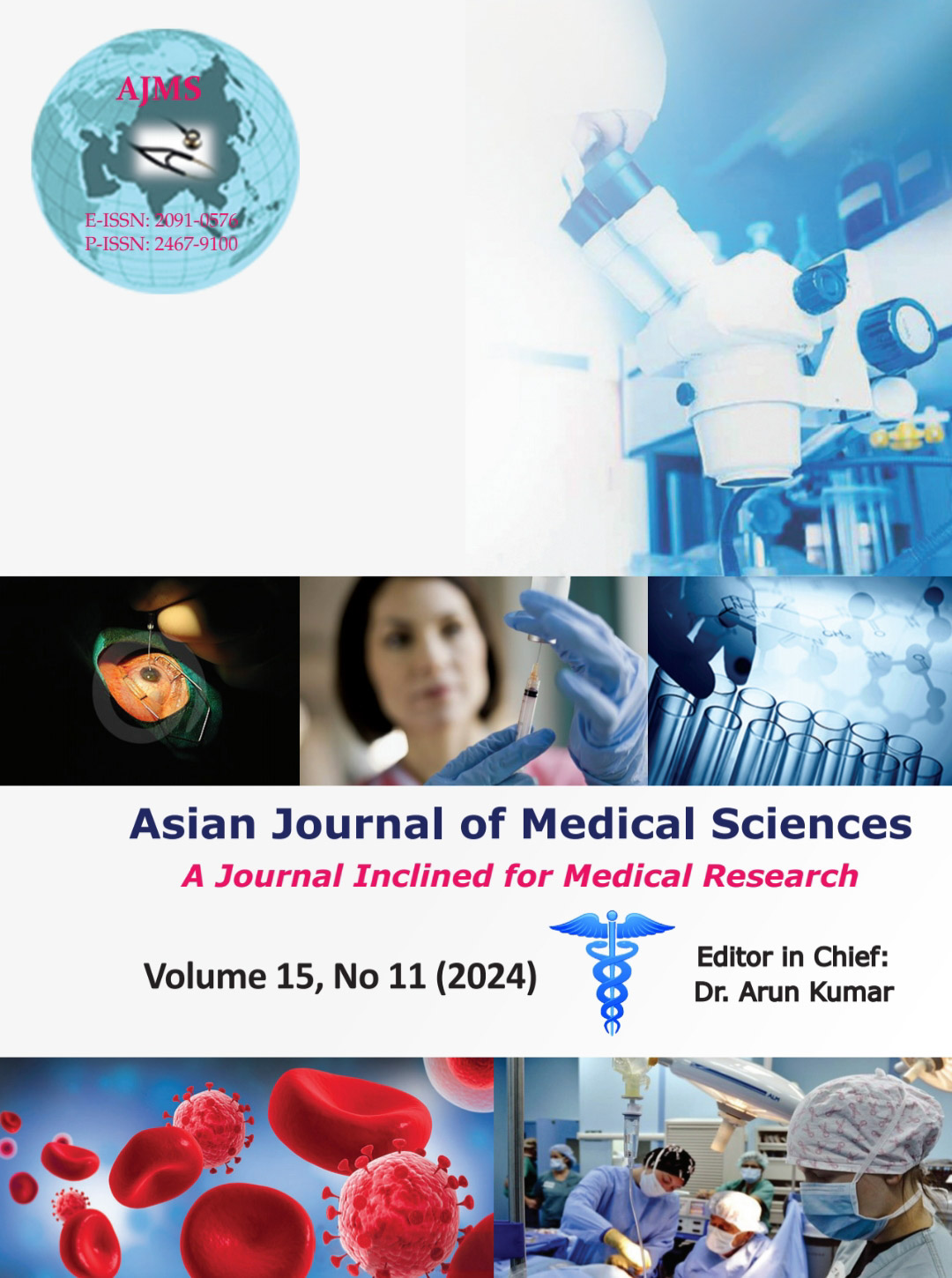Instilling leadership skills in undergraduate medical students
Keywords:
Leadership; Medical education; Community engagementAbstract
Background: Leadership is the behavior of an individual when directing the activities of a group toward a shared goal. In the health-care system, doctors’ responsibilities extend beyond clinical treatment. They should be efficient to lead a team in the patient care setting and within the broader framework of health-care systems. Good medical leadership is vital in delivering high-quality health care. Incorporating leadership skills in medical undergraduates will help them act as leaders and members of the health-care team.
Aims and Objectives: The aims and objectives of the study are to enhance leadership skills and to assess the improvement in leadership skills of the participating medical undergraduate students.
Materials and Methods: In this prospective study, medical undergraduate students posted in otorhinolaryngology clinics took part in various activities in two subsequent community otorhinolaryngology programs. Students were given different roles and responsibilities in the community programs to improve their leadership skills. Students filled out a pre- and post-activity self-assessment leadership trait questionnaire form for each community program.
Results: 88 students participated in the study. The overall percentage leadership score increased significantly from the first pre-activity questionnaire (Q1) to the first post-activity questionnaire (Q2) (P<0.001) and from the first pre-activity questionnaire (Q1) to the second post-activity questionnaire (Q4) (P<0.001). All 14 traits showed significant grade changes from pre-activity to post-activity questionnaire.
Conclusion: Well-designed and well-evaluated leadership curricula are necessary to help undergraduate medical students develop leadership skills. Undergraduate medical education provides an ideal setting to introduce leadership competencies. This study highlights community engagement as a potent method for the delivery of medical leadership training.
Downloads
Downloads
Published
How to Cite
Issue
Section
License
Copyright (c) 2024 Asian Journal of Medical Sciences

This work is licensed under a Creative Commons Attribution-NonCommercial 4.0 International License.
Authors who publish with this journal agree to the following terms:
- The journal holds copyright and publishes the work under a Creative Commons CC-BY-NC license that permits use, distribution and reprduction in any medium, provided the original work is properly cited and is not used for commercial purposes. The journal should be recognised as the original publisher of this work.
- Authors are able to enter into separate, additional contractual arrangements for the non-exclusive distribution of the journal's published version of the work (e.g., post it to an institutional repository or publish it in a book), with an acknowledgement of its initial publication in this journal.
- Authors are permitted and encouraged to post their work online (e.g., in institutional repositories or on their website) prior to and during the submission process, as it can lead to productive exchanges, as well as earlier and greater citation of published work (See The Effect of Open Access).




